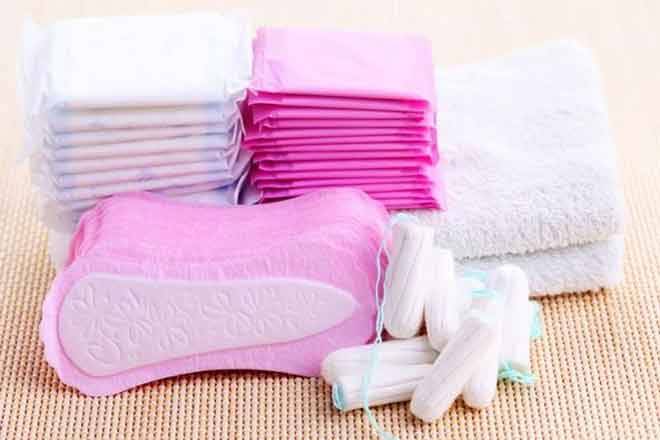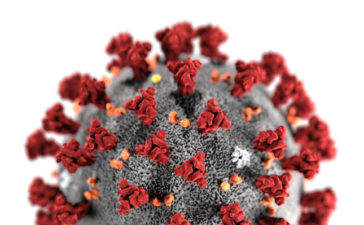Even as the world of cinema has attempted to spread awareness about importance of menstrual hygiene, it’s vital to understand that making the right choice of sanitary pad can go a long way in keeping yourself and the environment healthy.
Ali Mir, co-founder of a homegrown biodegradable brand of sanitary napkins, says “safety through sustainability” is at the core of their product. That also explains its quality stamp ‘Good For Her, Good For Earth’.

Monica Bindra, one of Mir’s collaborators, and gynaecologist Deepa Dureja have a few things to suggest to women at making the purchase of their monthly sanitary napkins.
• Material: The materials used in the commercial sanitary pads are loaded with plastic. They are not only hazardous to the environment but also uncomfortable for the user, often leaving rashes and infections. One must always investigate what they are buying. Women must look for soft and skin-friendly pads, devoid of harmful chemicals and artificial fragrances.

• Disposability: Sanitary napkins made out of plastic and other harmful substances (to cut down on production costs) are a burden on the environment. What most people don’t realise is that the plastic packaging is just as big a problem. Make sure that both
packaging and pad are biodegradable.
• Buy a variety of sizes: Sanitary pads come in different sizes and hold different levels of absorbance. It is always better to pick a brand that offers an amalgamation of both, as the flow can vary from time to time depending on various factors. It is, therefore, important to pick a brand that is versatile.
• Use chlorine & dioxin free pads: Most pads in the market are bleached with chlorine. Most importantly, in some cases the dioxin (a by-product of bleaching with chlorine) can cause ovarian cancer. Ensure that you take this important factor into account purchasing a pad.




